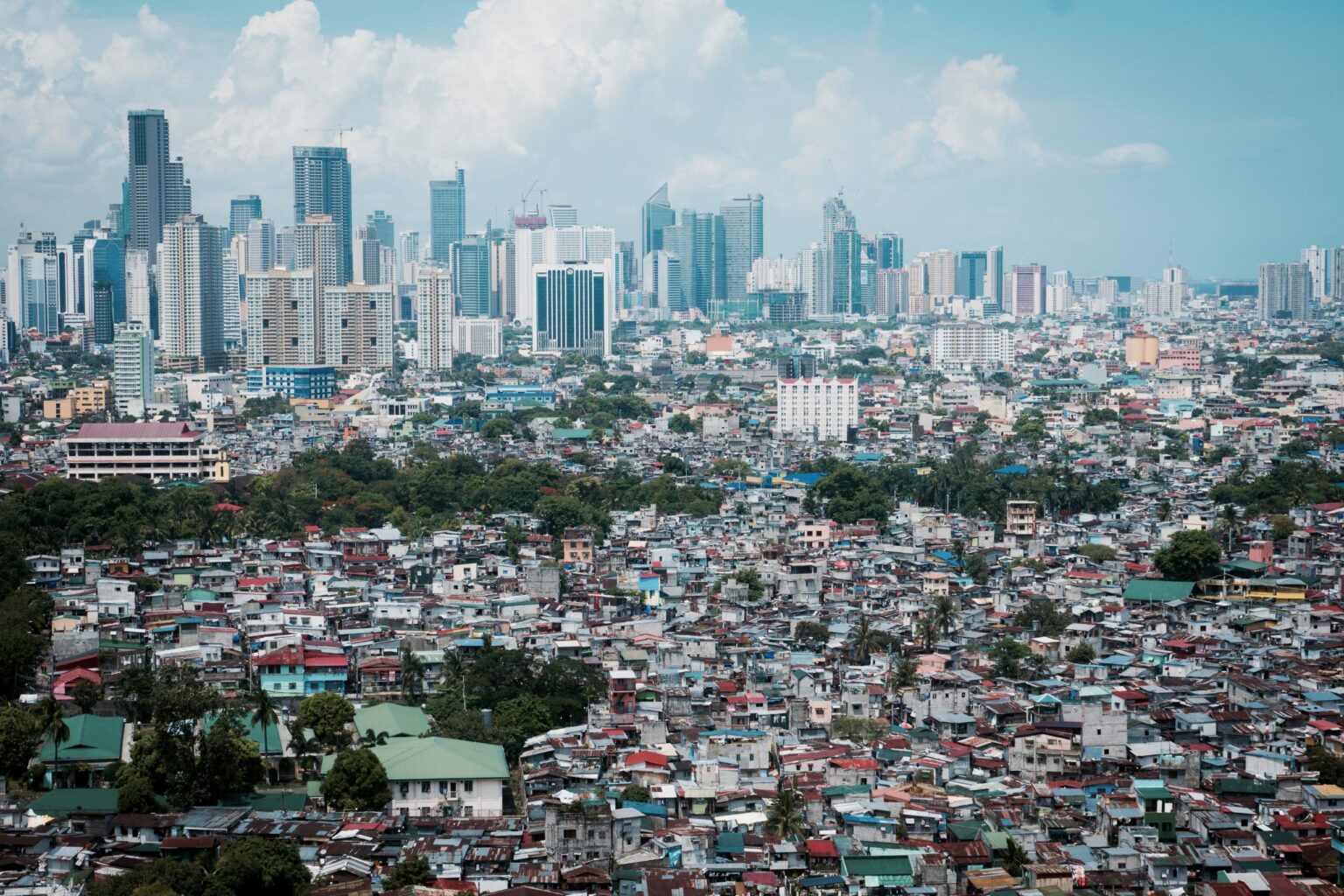- The number of Africans living in urban areas is expected to increase to around 50 per cent by 2030.
- In the dynamic journey towards progress, the concept of “Smart Cities” emerges as a beacon of hope, transforming urban spaces into intelligent, efficient, and sustainable hubs.
- technology can help improve transportation systems. Mobile apps can inform people about real-time traffic updates, schedule public transportation, and facilitate carpooling or ride-sharing services.
Urbanisation in Africa is a force that has become irresistible, the number of Africans living in urban areas is expected to increase to around 50 per cent by 2030. The continent’s urbanisation rate, rated the highest in the world, can result in economic growth, transformation, and poverty reduction. Similarly, it can lead to increased inequality, urban poverty, and the growth of slums. Therefore, the laws, policies, and actions needed to reap positive results from Africa’s urbanisation are critical in the continent’s transformation agendas.
Rapid urbanisation already poses enormous social, environmental, and economic challenges to national and local governments and the population. Due to the rapid influx into the cities and other structural hurdles, governments often lag behind with their spatial planning and infrastructure construction.
Lack of access to basic services, social inequality, and insufficient empowerment of local actors are some pressing challenges, the COVID-19 pandemic has further sharpened and increased the need to act on. For this reason, urbanisation in Africa and the associated development potential are relevant fields of action.
Urbanisation challenges in Africa
The infrastructural challenges associated with urbanisation have far-reaching and pervasive effects. For example, sanitation, environmental protection, health, and access to essential services are all directly affected by urban development.
Rapidly expanding urban settlements with limited government oversight are often plagued by low construction standards and poor infrastructure quality, leaving residents more vulnerable to poverty and natural disasters like floods.
As with many other categories of professionals in Africa, urban planners acquire less supply relative to the scale of the challenge. As a result, slums are proliferating in many urban centers, many of which have inadequate infrastructure to provide for people’s basic needs. Urban sprawl also means opportunities are not equally distributed; therefore, lack of transportation can limit access to education and employment.
The scale of this challenge overwhelms many national governments. Institutions for training city planners in urban planning and development are either nonexistent or stretched beyond capacity. Even if outside consultants are brought in to implement infrastructural development, there is no guarantee that infrastructure will be maintained in the long run.
There are several important dimensions when it comes to addressing the challenges of urbanisation. Part of the complexity of navigating this situation is the need to balance short-term relief measures with long-term structural reform.
Solutions to Africa’s Urbanisation Challenges
The African continent is undergoing an unrivaled phase of urbanisation. How to ensure safe, productive, and healthy lives for the millions of people added to Africa’s cities every year is a question of crucial importance to Africa’s future economic and social development.
Investing in public transportation is crucial. Many African cities lack reliable and safe public transportation, forcing residents to rely on personal cars or informal transportation, such as motorcycles or minibusses. Governments should work towards expanding and improving public transportation to make it more affordable and accessible to all. This will reduce traffic congestion and decrease carbon emissions.
Embracing technology can help improve transportation systems. Mobile apps can inform people about real-time traffic updates, schedule public transportation, and facilitate carpooling or ride-sharing services. Smart traffic management systems can also be implemented to optimise traffic flow and reduce congestion.
Read Also: Fast-tracked urbanization could spur growth in Africa
Policy Responses and Trends to the Expansion of Urbanisation in Africa
Additionally, governments should act proactively to ensure order in urban development projects by defining and implementing clear urban development strategies.
In the dynamic journey towards progress, the concept of “Smart Cities” emerges as a beacon of hope, transforming urban spaces into intelligent, efficient, and sustainable hubs. At the heart of this transformation lies the revolutionary force of Artificial Intelligence (AI), an unprecedented technological ally in making African cities not only smarter but also more adaptive to the needs of their inhabitants.
Read Also: Pressure for housing as Kenya’s urbanisation surpasses continent’s average
Conclusion
Addressing urban challenges in Africa requires a multifaceted approach. By investing in public transportation, leveraging technology, and encouraging the use of Electronic vehicles (EVs), African cities can create a more sustainable, comfortable, and accessible transportation system and infrastructure for all residents.
In many African cities, the integration of rapid population growth, scarce resources, and poor infrastructure has given rise to more challenging problems. From congestion on the roads to energy inefficiencies and poor public services, the urban centers have become a canvas awaiting the leverage of innovation. This is where AI becomes compelling as a technological novelty and a strategic force for reshaping the essence of urban living.
